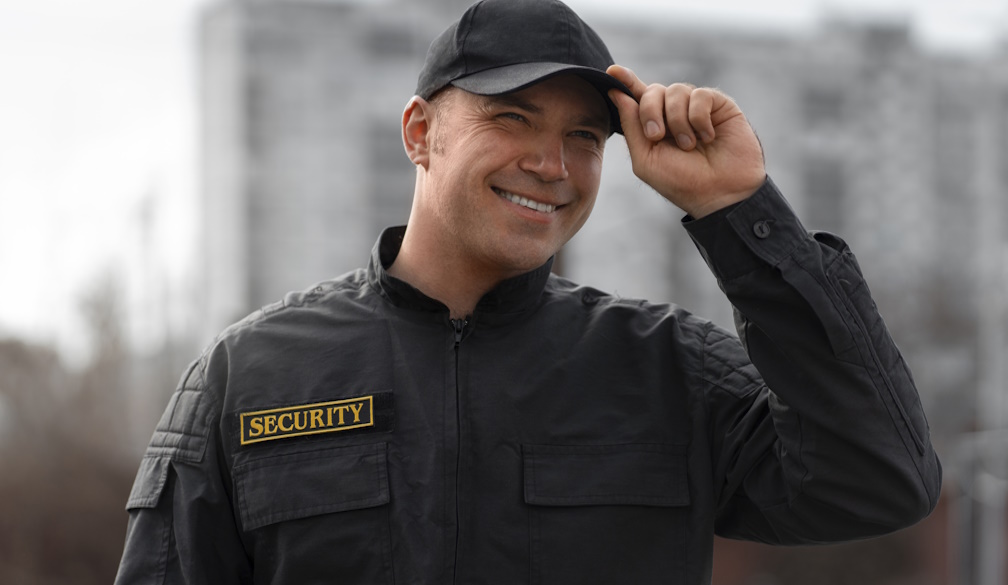School Security: The Growing Role of Security Guards in Educational Institutions

Image by freepik
In an age where safety concerns in schools have escalated, educational institutions are no longer relying solely on cameras and locked doors. From elementary campuses to large universities, the presence of trained security guards is becoming an essential part of a school’s safety infrastructure. With increasing incidents of on-campus threats, theft, and vandalism, administrators are turning to Security Guard Services to implement proactive, human-centered protection strategies.
This article explores how security guards are reshaping school security and why their role goes far beyond just standing watch.
1. Why Schools Are Rethinking Safety Protocols
The security landscape in schools has changed drastically in the last decade. From active shooter drills to growing community concerns, campuses now face multifaceted threats that require trained human oversight—not just surveillance.
Common challenges include:
- Unauthorized access to school grounds
- Bullying, fights, and student altercations
- Vandalism and theft
- External threats during drop-off and pick-up
Security Guard Services are stepping in as a practical and scalable solution—offering a visible deterrent, rapid incident response, and hands-on enforcement of school policies.
2. The Human Advantage of On-Site Security Guards
While cameras and alarms are helpful, they are reactive by nature. Security guards bring real-time judgment, presence, and escalation control. Their presence sends a clear message: this campus prioritizes safety.
Key responsibilities include:
- Monitoring entrances, hallways, and perimeters
- Intervening in fights or conflicts before they escalate
- Escorting unauthorized individuals off campus
- Responding immediately to alarms or suspicious activity
Unlike static systems, guards can engage, investigate, and take immediate action—often before a problem becomes a crisis.
3. Access Control: Managing Who Comes In—and Out
A major function of school security today revolves around Access Control. With hundreds or even thousands of students, staff, and visitors flowing through campus daily, ensuring that only authorized individuals are allowed entry is critical.
How security guards support access control:
- Verifying IDs or visitor passes at checkpoints
- Monitoring locked entry points and sign-in systems
- Coordinating with administrative staff during peak hours
- Locking down buildings during emergencies or drills
Guards stationed at key access points help prevent trespassing and reduce the risk of external threats, particularly in open campus environments or urban school districts.
“Access control isn’t just about locking doors. It’s about knowing who’s on campus, why they’re there, and whether they pose a risk,” says a former school security supervisor from Oregon.
4. Supporting Mental Health and Student Engagement
Modern security guards are trained to do more than just enforce rules. Many also receive training in conflict resolution, trauma-informed response, and youth interaction protocols—helping them support school culture while keeping the peace.
Added benefits include:
- Acting as approachable figures for students in distress
- Helping defuse emotionally charged incidents with empathy
- Supporting teachers during classroom disruptions
- Collaborating with counselors or school resource officers (SROs)
By being visible yet approachable, guards can foster a safer, more respectful environment—without feeling like an occupying force.
5. Emergency Preparedness and Incident Response
In any emergency—whether a medical incident, lockdown drill, or weather-related evacuation—security guards play a frontline role in keeping everyone calm, informed, and safe.
Common emergency duties include:
- Coordinating with law enforcement or EMS
- Directing students and staff to safe zones
- Providing first aid or CPR until help arrives
- Documenting incidents for post-event review
Schools that invest in Security Guard Services with emergency training gain more than just protection—they gain a reliable crisis management partner.
Summary: School Security Is Evolving—And So Is the Role of Guards
In today's education environment, security guards are not just guards—they’re part of the school ecosystem. They help manage access, deter threats, support emotional safety, and provide a trusted presence on campus.
Key Takeaways:
- On-site guards complement digital surveillance with human judgment
- Access control remains a cornerstone of modern school security
- Trained guards support not only physical safety but student well-being
- Guard services with emergency preparedness add long-term value
As security concerns evolve, schools must balance safety with a positive learning atmosphere. The right security partner ensures both.









